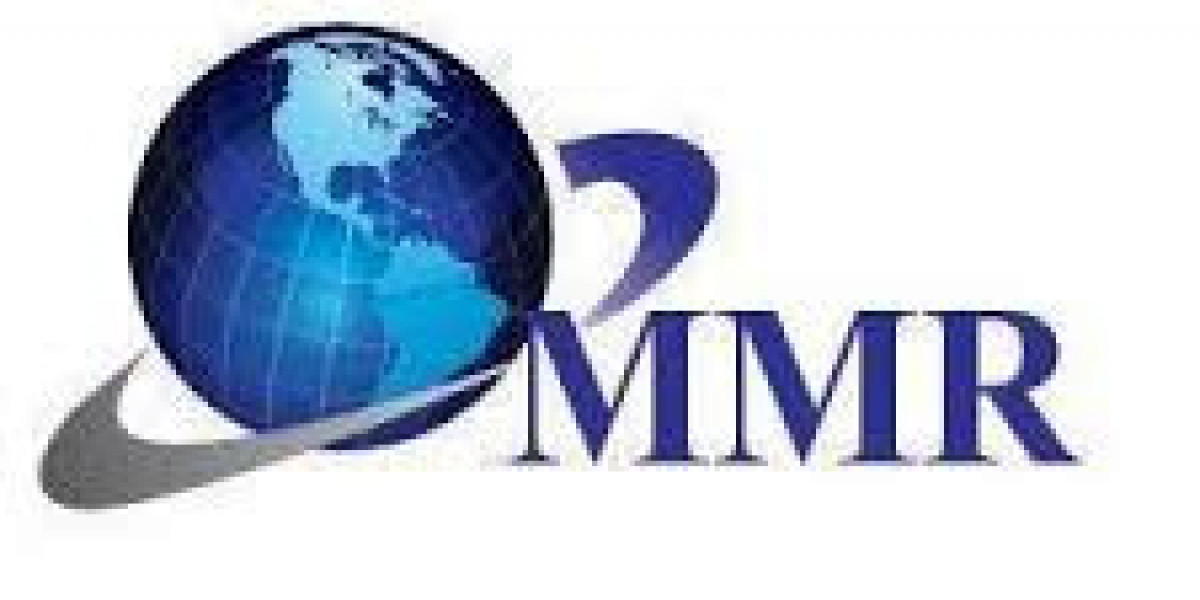Introduction:
Human Resources Management (HRM) software is a type of software that helps organizations handle their day-to-day HR processes like recruitment, payroll, benefits administration, and more. This software helps organizations systematically organize their employee and management processes and maintains a company's employee database. HRM software is an investment in the future success of an organization, as it saves time, money, effort, and paperwork while making HR processes more efficient and error-free. In this article, we will explore HRM software, its benefits, features, and challenges.
What is HRM software?
HRM software is a computer program specifically designed to automate and streamline HR processes within an organization. The software usually contains several modules that manage different aspects of human resource management, such as recruitment, onboarding, performance appraisal, attendance, training, and compensation. It eliminates manual efforts related to HR governance and compliance, payroll, and administration.
How does HRM software work?
HRM software is built with various features and modules that enable it to automate many HR processes. It centralizes employee information and manages employee data in real-time. The software uses algorithms to match candidates to open positions and helps track hiring progress from recruitment to onboarding. Similarly, it manages payroll, leaves, scheduling, and time tracking. HRM software archives data for compliance with regulations and helps organizations maintain a regulatory environment. Furthermore, it generates reports and keeps data safe and secure while allowing customization as per organizational requirements.
Benefits of HRM software
Centralized Data Management: HRM software centralizes employee data in a single place, making it easy to handle. The software helps in creating employee records, managing their attendance, performance, and compensation in real-time. It enables managers and HR teams to quickly retrieve information, making workflow efficient and providing speedy solutions.
Increased Efficiency: HRM software automates several HR processes, saving HR teams' time, and making them more productive. The software handles administrative tasks like document creation, record-keeping, and other activities, thus freeing up HR teams to handle more strategic duties.
Improved Communication: HRM software enables better communication between employees and HR teams. The software can be used to send and receive documents, announcements, schedules, and alerts, improving communication in real-time. The software also simplifies the onboarding process, connecting new hires to relevant teams and resources so they can learn and adjust effectively.
Enhanced Collaboration: By centralizing data management, HRM software ensures team collaboration in HR processes. The software helps teams work together and share
Browse In-depth Market Research Report (100 Pages) on HRM Software Market -
Human Resources Management (HRM) Software Market Key Players -
Microsoft
AP
Sage
Talentsoft
Oracle
ADP
Workday
Kronos
Related Reports:
Enterprise Asset Management Market Research Report- Global Forecast 2030
Software Engineering Market Research Report- Global Forecast 2030
Data Center Virtualization Market Research Report- Global Forecast 2030








